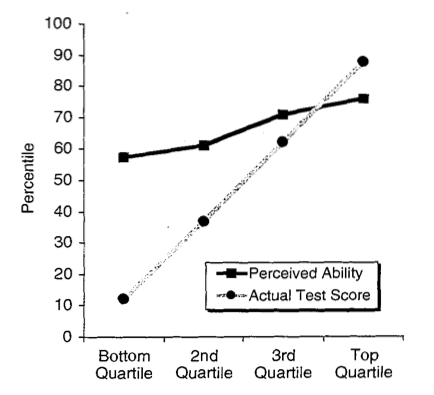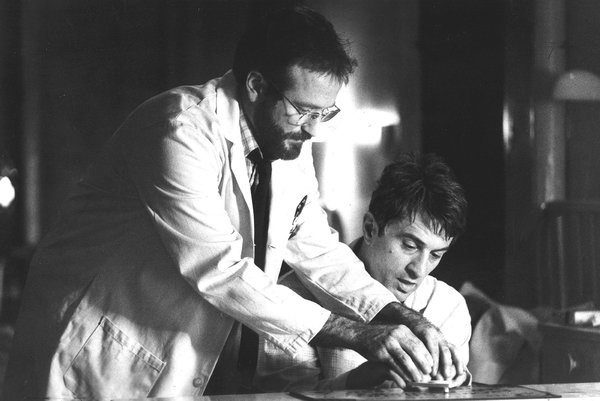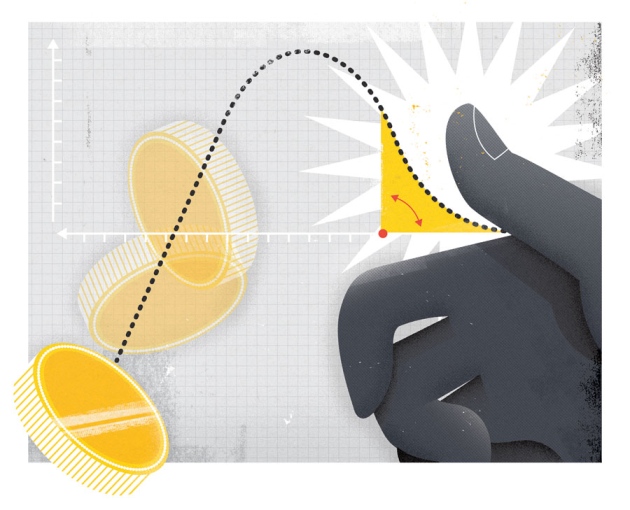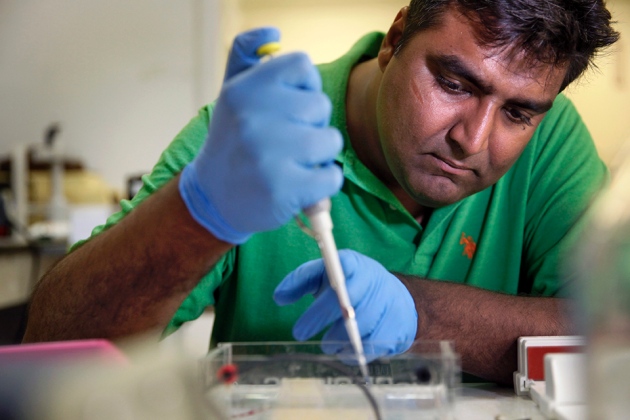As you can see, the findings reported by Kruger and Dunning are often interpreted to suggest that the less competent people are, the more competent they think they are. People who perform worst at a task tend to think they’re god’s gift to said task, and the people who can actually do said task often display excessive modesty.
Source: what the Dunning-Kruger effect is and isn’t | [citation needed]





